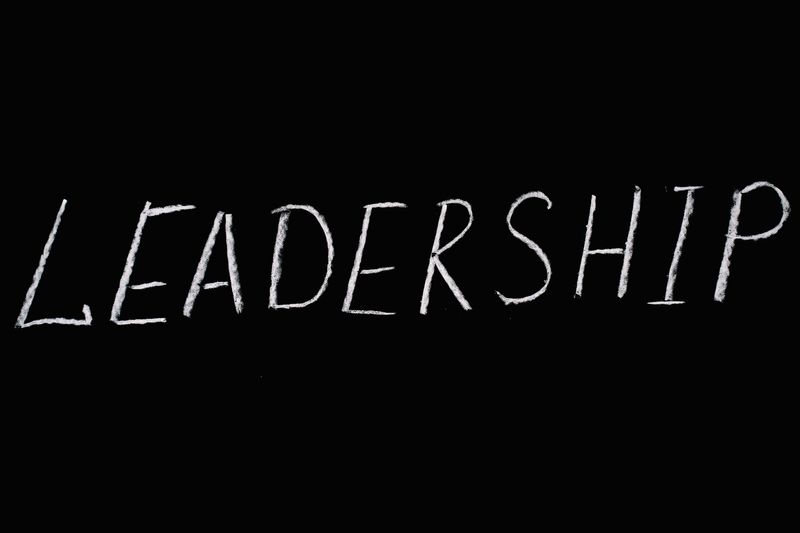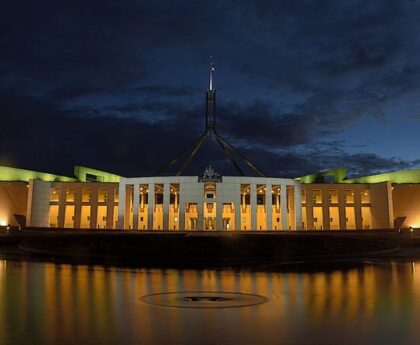Biden‘s Candid Remarks on Xi Jinping
During a recent fundraiser in California, U.S. President Joe Biden referred to Chinese President Xi Jinping as a dictator, raising eyebrows and inviting scrutiny. Biden‘s comments came just a day after Secretary of State Antony Blinken met with Xi as part of an effort to alleviate tensions between the United States and China. This unusual disclosure by the President has sparked a debate about the implications of such candid remarks and their potential impact on diplomatic relations.
The Balloon Incident: The Unsolicited Revelation
Biden‘s statement about Xi being embarrassed by a Chinese balloon being blown off course over the United States is particularly interesting. Whether this was an intentional attempt to embarrass Xi or a mere anecdote meant to emphasize the Chinese President’s sensitivity to any perceived loss of face, it inevitably struck a chord. The admission signals an unconventional approach to diplomacy, which Biden believes is necessary to shatter the status quo and facilitate more open and honest conversations between world leaders.
Breaking the Silence: A Change in Diplomatic Discourse
In traditional diplomacy, leaders tend to shy away from making such unrestrained comments about their counterparts. However, Biden‘s willingness to publicly criticize Xi‘s leadership style is not entirely surprising, considering his administration’s focus on championing democracy and human rights globally. By labeling Xi as a dictator, Biden is aligning his rhetoric with his policy stance, emphasizing the need for democratic values and human rights to be upheld in all nations.
This approach symbolizes a departure from the previous administration’s reticence to publicly criticize authoritarian leaders. It highlights Biden‘s commitment to transparency and a desire to highlight China’s alleged human rights abuses, as well as an effort to gain domestic support for a tougher stance on China.
The Implications: Impact on U.S.-China Relations
Undoubtedly, Biden‘s candid remarks have the potential to strain the already complex and delicate relationship between the United States and China. Calling the leader of a major global power a dictator publicly raises the stakes in an already tense relationship. While some may argue that this level of transparency is refreshing and necessary for progress, others fear that it could alienate China further and exacerbate existing hostilities between the two nations.
Given Xi‘s authoritarian tendencies and China’s track record on human rights, there is no doubt that presenting a unified front against these concerns is crucial. Yet, diplomacy requires careful balance and strategic maneuvering. Biden‘s remark walks a fine line between a strong stance on human rights and the potential erosion of trust necessary for productive negotiations.
Editorial: Balancing Candidness and Diplomacy
The global geopolitical landscape demands leaders who are willing to confront challenging issues head-on. Biden‘s remarks demonstrate his commitment to calling out human rights abuses and authoritarianism, embodying a principle-driven approach to foreign policy. However, balancing such candor while maintaining the delicate nuances of international diplomacy requires prudence and tact.
While it is essential for leaders to address human rights violations openly, it is equally crucial to foster productive dialogue and cooperation with authoritarian regimes on matters of mutual interest, such as climate change, global health, and economic stability. Finding common ground and building trust are crucial components of effective diplomacy.
Canada, as a nation that values both human rights and diplomacy, offers a potential model for navigating this complex terrain. The Canadian government has historically championed human rights while maintaining constructive relations with various countries worldwide. Its approach reflects a careful balance between advocating for human rights and engaging in meaningful dialogue with both allies and adversaries.
Advice: The Way Forward
As Joe Biden continues his presidency, he must remain aware of the potential consequences of his words. While a candid assessment of leaders’ actions may be necessary at times, it is important to strike a balance between principles and the need for cooperation.
Biden should consider building on the recent diplomatic engagement that Blinken’s trip to China symbolized. Engaging in nuanced discussions behind closed doors, exchanging meaningful ideas and concerns, and seeking common ground will be essential to prevent further escalation of tensions. By doing so, Biden can maintain his commitment to human rights while also developing a constructive relationship that can address global challenges together.
Ultimately, the path towards a more peaceful and cooperative future requires leaders to navigate the complexities of international relations carefully. Striking a balance between candor and diplomacy is not an easy task, but it is a necessary one for world leaders like Biden who aim to foster meaningful change.

<< photo by Anna Tarazevich >>
The image is for illustrative purposes only and does not depict the actual situation.
You might want to read !
- Rhoback’s Longest Day of the Year Sale: Unbeatable Deals Await
- Elton John: America’s “Disgraceful” Anti-Progress Backslide
- Portugal vs. Iceland: Clash of Titans in the 2024 UEFA Euro – Odds, Prediction, and Start Time
- John Goodman’s Impressive Transformation: Revealing His 200-lb. Weight Loss Journey in Monaco
- Toronto Takes a Gamble: Unveiling Canada’s Largest Casino
- “Spreading Joy to the Children of an Neglected Neighborhood: Jon’s Father’s Day Celebration”
- “Breaking Barriers: Karine Jean-Pierre Makes History as White House Press Secretary”




